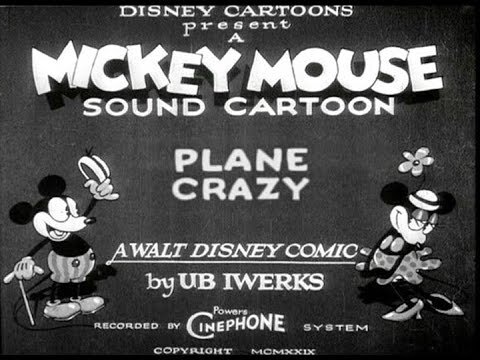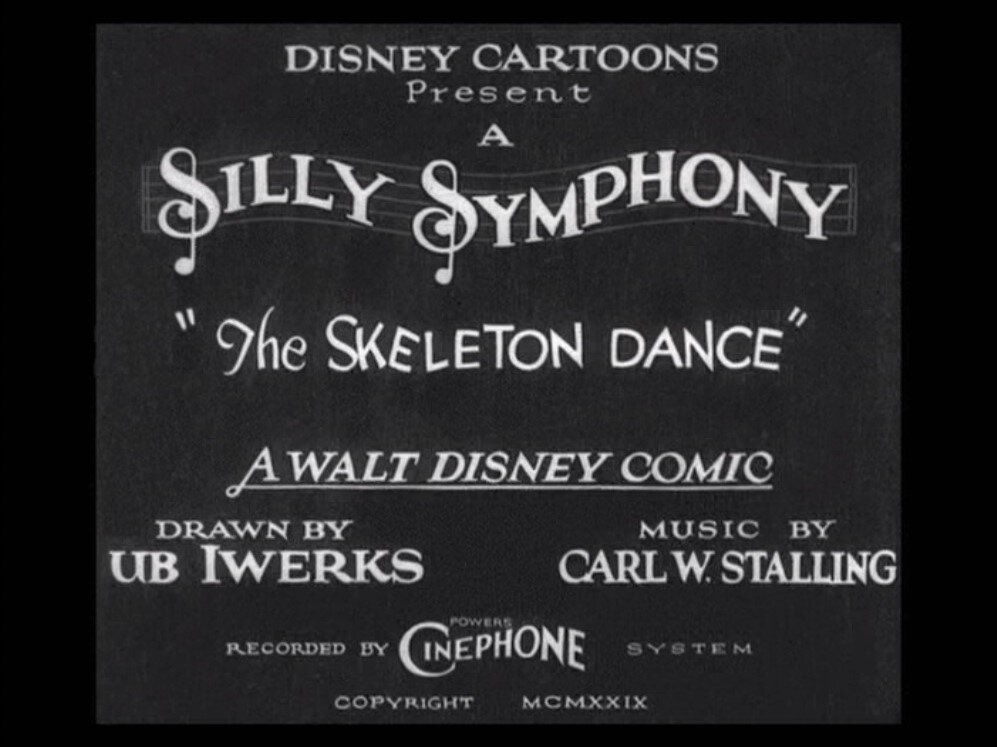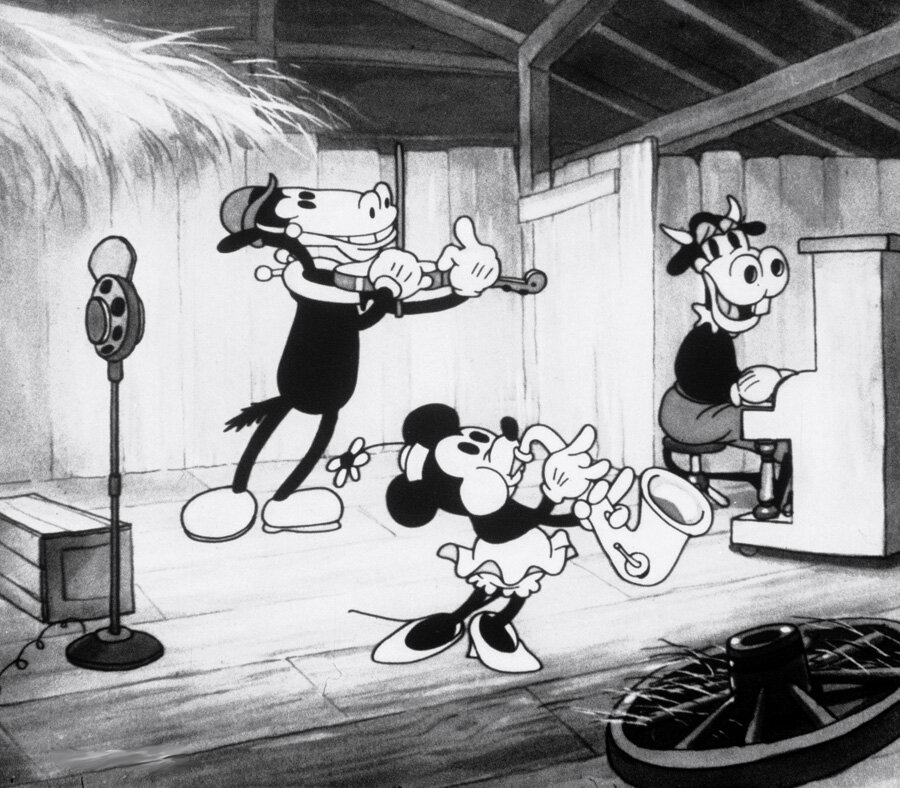Disney Legends - Ub Iwerks
If you’ve never heard the telling of the beginning of the Walt Disney Company, you’re in for a treat. Before it was the Walt Disney Company, it was the Disney Brothers Studio. And before it was the Disney Brothers, it was Laugh-o-grams Studio. Before Laugh-o-grams, it was merely just two people who were in need of a job and dreamed of animation. This was not Walt Disney and Roy O. Disney, but rather it was Walt and his righthand man, Ub Iwerks.
Walt Disney and Ub Iwerks. Image from: https://medium.com/@digimane/its-about-time-ub-iwerks-got-his-credit-d0a5048696d8
Walt and Ub met when they were both 18 years old in Kansas City starting in the industry, both getting jobs at the Pesmen-Rubin Art Studio and eventually moving over to the Kansas City Slide Newspaper Company. Both of them practiced their craft during this time, but shortly after were laid off due to budget cuts. There weren’t many other animation jobs in Kansas to pursue, so Walt took it into his own hands to create his own studio. Although small in a barn attic, Ub joined him and they created a small team that would eventually become the Laugh-O-grams Studio in 1923.
Laugh-O-grams animation. Image from: https://www.pinterest.ca/pin/441352832230454461/
Laugh-O-grams Studios today in Kansas City. Image from: https://www.wdwinfo.com/disneylandcalifornia/walking-in-walts-footsteps-kansas-city-edition/
When the studio went bankrupt and Walt moved to Los Angeles to find more opportunities, Ub followed him as they both knew they worked the best together. They created the Alice Comedies together, sold it to Winkler Pictures, and were asked to create a new character similar to Felix the Cat. They created Oswald the Lucky Rabbit together, Disney’s big break at the time.
Oswald the Lucky Rabbit short. Image from: https://www.abc.net.au/news/2018-11-16/walt-disneys-oswald-the-lucky-rabbit-1/10505416?nw=0
Things started to go downhill when Walt realized Winkler would own the full rights to Oswald, and he wanted to own everything 100% himself. His team didn’t back him up that far since they knew his history with bankruptcy, so all of them got hired on with Winkler Pictures, except one person: Ub. Ub believed in the vision that Walt had, and if it weren’t for his loyalty, Walt might’ve given up at this point.
We all know the famous story of Walt coming home on a train from New York and sketching out the very first image of Mickey Mouse, unnamed at the time. He brought it back to his studio and Ub began working on the very first Mickey short in secret, Plane Crazy. Ub spent many long days and nights making drawings for the short, to hopefully allow it to surpass the success of Oswald. Well it did, thanks to Iwerk’s tireless work and dedication. He was also responsible for the early designs of Horace Horsecollar and Clarabelle the Cow. He animated almost the entire Mickey Mouse short series and Silly Symphony Series from 1928 to 1930. He and Disney had a falling out about credit not being given to him, and he went off to work with a Disney competitor to create his own studio.
While working at his own studio, Ub created the multiplane camera. This camera was used to move various different animated drawing past each other so you could create depth and distance. Although it was used for the first time within his studio and some of his shorts such as Flip the Frog and Willie Whopper, Disney eventually grabbed a hold of it and used it for all animated films from Snow White to the Little Mermaid.
Ub Iwerks and the multiplane camera. Image from: https://beforesandafters.com/2019/12/12/preview-a-new-book-about-disney-special-effects-legend-ub-iwerks/
Walt Disney and the multiplane camera. Image from: https://blogbertos.com/blog/the-2-5d-parallax-effect/
Iwerk’s studio was moderately successful but couldn’t compare to his competitors, so he eventually closed shop in 1936. He moved back to the Disney company to work on special effects, and created the signature animated-style we see in the classic movies. He was a major reason why Mary Poppins works so well, as he was responsible for the development of the animated sequences combined with live action characters.
Mary Poppins live action and animated sequence. Image from: https://giphy.com/gifs/penguins-musicals-mary-poppins-x6hRCDKc64icg
Ub passed away 4 years after Walt in 1970 of a heart attack. In 1989, Ub was named a Disney Legend. Although the list of Disney Legends is extensive, I would argue that Ub should be at the very top of the list. It was his loyalty, dedication, motivation, eagerness and talent that kept Walt going after many failed business attempts. Ub was responsible for creating the face of the company, and rightfully left after being put on the back burner. One of his sons, Don Iwerks, went on to also work for the Disney company and became a founder of Iwerks Entertainment. Don’s daughter Leslie Iwerks is also famous in the film industry for being a director, producer and writer.
Walt Disney, Ub Iwerks, and the rest of their team at the Disney Brothers Studio. Image from: https://www.pbs.org/wgbh/americanexperience/features/walt-disney-close/




















